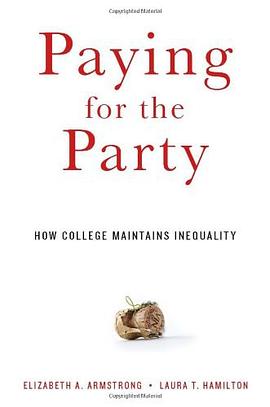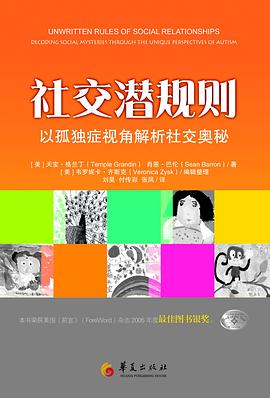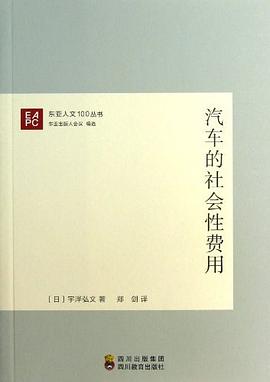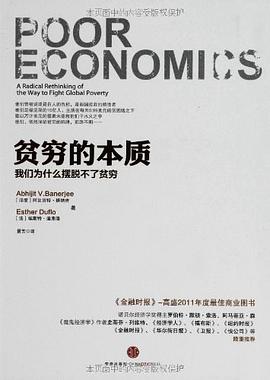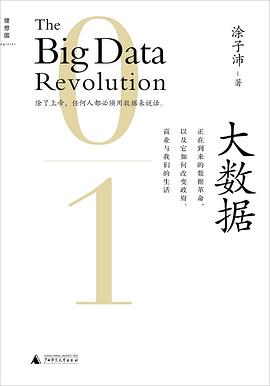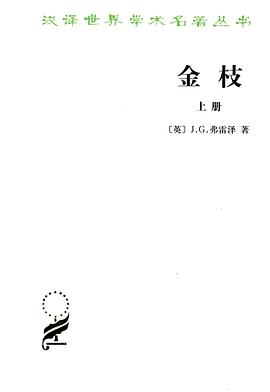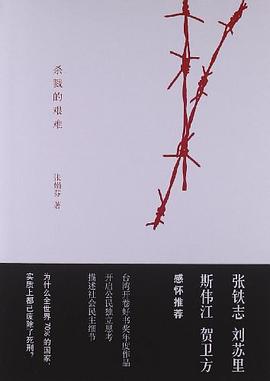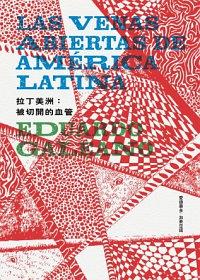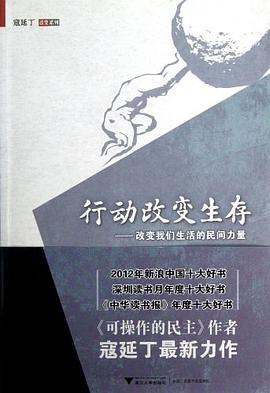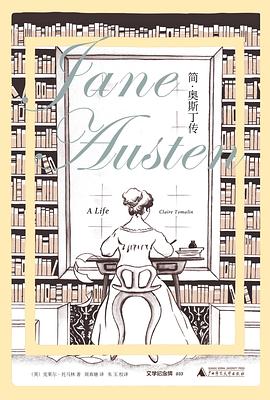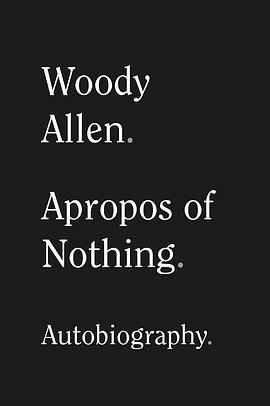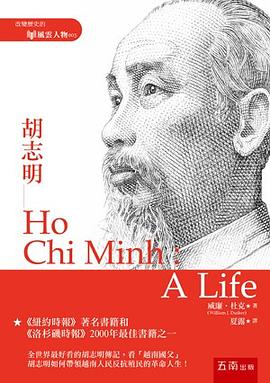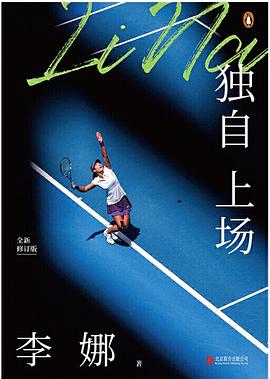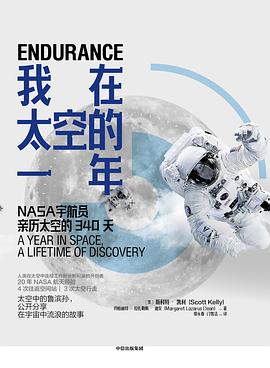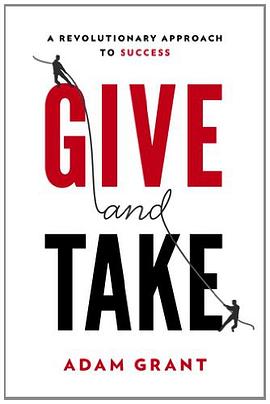

具體描述
An innovative, groundbreaking book that will captivate readers of Malcolm Gladwell, Daniel Pink, The Power of Habit, and Quiet
For generations, we have focused on the individual drivers of success: passion, hard work, talent, and luck. But today, success is increasingly dependent on how we interact with others. It turns out that at work, most people operate as either takers, matchers, or givers. Whereas takers strive to get as much as possible from others and matchers aim to trade evenly, givers are the rare breed of people who contribute to others without expecting anything in return.
Using his own pioneering research as Wharton's youngest tenured professor, Grant (author of Originals: How Non-Conformists Move the World) shows that these styles have a surprising impact on success. Although some givers get exploited and burn out, the rest achieve extraordinary results across a wide range of industries. Combining cutting-edge evidence with captivating stories, this landmark book shows how one of America's best networkers developed his connections, why the creative genius behind one of the most popular shows in television history toiled for years in anonymity, how a basketball executive responsible for multiple draft busts transformed his franchise into a winner, and how we could have anticipated Enron's demise four years before the company collapsed-without ever looking at a single number.
Praised by bestselling authors such as Dan Pink, Tony Hsieh, Dan Ariely, Susan Cain, Dan Gilbert, Gretchen Rubin, Bob Sutton, David Allen, Robert Cialdini, and Seth Godin-as well as senior leaders from Google, McKinsey, Merck, Estee Lauder, Nike, and NASA-Give and Take highlights what effective networking, collaboration, influence, negotiation, and leadership skills have in common. This landmark book opens up an approach to success that has the power to transform not just individuals and groups, but entire organizations and communities.
作者簡介
Born in 1981,Adam M. Grant is an author and a professor at the Wharton School of the University of Pennsylvania. Grant has been recognized as both the youngest tenured and most highly rated professor at the Wharton School.
目錄資訊
The Dangers and Rewards of Giving More Than You Get
2 The Peacock and the Panda p. 27
How Givers, Takers, and Matchers Build Networks
3 The Ripple Effect p. 61
Collaboration and the Dynamics of Giving and Taking Credit
4 Finding the Diamond in the Rough p. 94
The Fact and Fiction of Recognizing Potential
5 The Power of Powerless Communication p. 126
How to Be Modest and Influence People
6 The Art of Motivation Maintenance p. 155
Why Some Givers Burn Out but Others Are On Fire
7 Chump Change p. 186
Overcoming the Doormat Effect
8 The Scrooge Shift p. 216
Why a Soccer Team, a Fingerprint, and a Name Can Tilt Us in the Other Direction
9 Out of the Shadows p. 250
Actions for Impact p. 261
Acknowledgments p. 269
References p. 273
Index p. 295
· · · · · · (收起)
讀後感
這本書討論,三種人的基本世界觀和行為策略,獲取者、互利者、付齣者,並站在「付齣者」這一邊。本書認為,「付齣者」是更加成功、有效的「社會生存策略」。 付齣者可以成功嗎? 從社會現實觀察,「付齣者」常常因為要幫彆人的忙,常常處於公司的底層。但《Give and Take》則舉...
評分可能是前幾年成功學的書太過泛濫,以至於看到本書的書名第一個就是排斥,誒…陳老大怎麼會推薦這本書!唔…看過之後,真香!人分為三類:付齣者、互利者、獲得者。最善於付齣的人纔是最成功的人,最容易跌入榖底的人也是付齣的人。很有趣是不是,真像一個太極。 why:付齣者跌...
評分塞繆爾·約翰遜(Samuel Johnson)曾寫道:“衡量一個人的真正標準,是他如何對待那些完全不能給自己帶來好處的人。” 這本書是趁著讀完《深度工作》之後的那股勁,趁熱打鐵讀完的。其實應該給3.5顆星的,因為我覺得書中有很豐富的來自各個行業的案例,有影視媒體,科技網絡,...
評分好書,首先我覺得道理也許再淺顯不過,但是能真正將淺顯的道理剖析清楚的人不過瞭瞭,文中穿插著大量的社會學案例以及心理學實驗來論證付齣者,互利者,獲取者三者的利弊得失,結論是付齣者更容易獲得成功,然而想要成為成功的付齣者,並不是一味的做無私的付齣,利他且利己的...
評分用戶評價
Adam Grant相當有魅力,尤其是做speech的時候,盡管我不是很確信這本書的內容,不過就閱讀體驗而言,是本不錯的書
评分givers把蛋糕做大,因此大傢都受益。但是不要做一味的付齣,也不要忘記像他人尋求幫助。take the initiative to be the giver,and adapt to the reprospective type of others.
评分邏輯清晰,論述平易但看得齣有豐富學養。而且這本書本身的寫作就非、常、好!
评分Explains what, why and how to be successful givers, very timely & inspirational! Be successful givers, ask for help and SAY NO.
评分Currently reading
相關圖書
本站所有內容均為互聯網搜索引擎提供的公開搜索信息,本站不存儲任何數據與內容,任何內容與數據均與本站無關,如有需要請聯繫相關搜索引擎包括但不限於百度,google,bing,sogou 等
© 2025 onlinetoolsland.com All Rights Reserved. 本本书屋 版权所有

